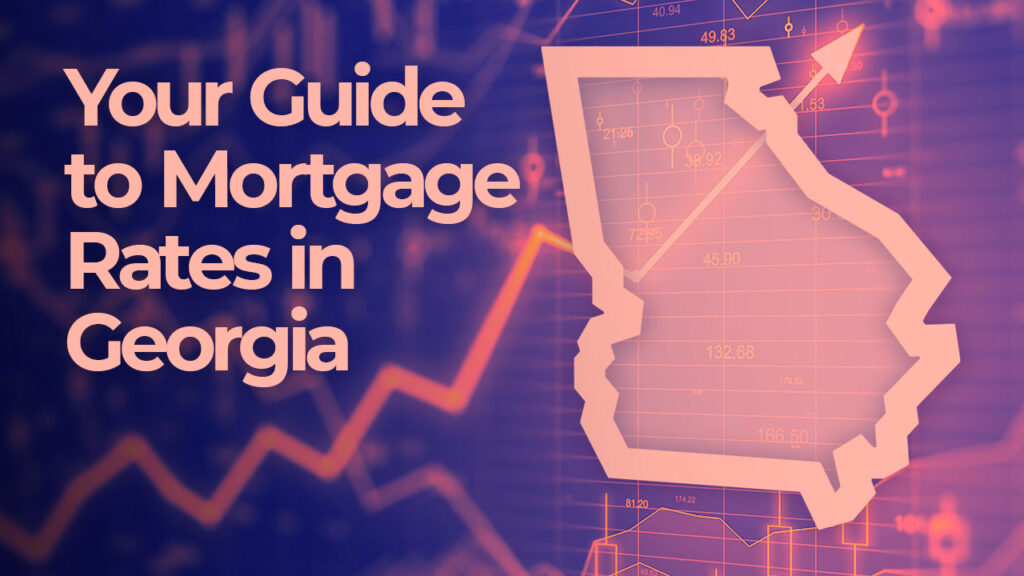Securing a small loan can be a lifeline for individuals and businesses alike. However, navigating the complexities of loan agreements can be daunting. This guide empowers you to understand the crucial elements of small loan agreements, ensuring you borrow smartly and avoid potential pitfalls.
Understanding the Loan Amount and Purpose
Clearly identify the loan amount and its intended use. Ensure it aligns with your needs and financial capabilities. Avoid ambiguity; a precise figure is essential. 
Interest Rates: APR and Other Charges
The Annual Percentage Rate (APR) represents the total cost of borrowing, including interest and fees. Carefully compare APRs from different lenders to find the most favorable terms. Understand all associated fees; some lenders may have hidden charges. Learn more about APR calculations.
Loan Term and Repayment Schedule
The loan term specifies the repayment period. Review the repayment schedule carefully; understand the frequency (monthly, bi-weekly, etc.) and the total number of payments. Choose a repayment plan that aligns with your cash flow. 
Collateral and Security
Determine if the loan requires collateral (assets pledged as security). Understand the implications of defaulting on a secured loan. If collateral is involved, ensure its value accurately reflects the loan amount.
Prepayment Penalties
Some loans include prepayment penalties, charging extra fees if you repay the loan early. This is a crucial factor to consider, especially if you anticipate receiving extra funds. Read more about loan prepayment.
Late Payment Fees
Understand the consequences of late payments, including the associated fees and their potential impact on your credit score. Budget carefully to ensure timely repayments. Check your credit report regularly.
Default and Collection Practices
The agreement should detail the lender’s procedures in case of default. Understand the potential ramifications, including legal action and damage to your credit history. 
Governing Law and Dispute Resolution
This section outlines which state’s laws govern the agreement and how disputes will be resolved (arbitration, litigation, etc.). Consider the implications for legal recourse.
Personal Guarantees
If a loan involves a personal guarantee, understand your personal liability should the borrower default. This could extend beyond the loan amount itself.
Insurance Requirements
Some loans may require insurance (e.g., life insurance, disability insurance). Understand the costs and coverage provided.
Assignment and Transfer
The agreement should outline the circumstances under which the loan can be assigned or transferred to another party.
Confidentiality Clauses
These clauses protect sensitive information disclosed in the loan agreement. Review this section to understand data privacy implications.
Renewal Options
Are there options to renew the loan? If so, what are the terms and conditions?
Early Termination Clauses
Understand the conditions and potential charges associated with early loan termination. Learn about the costs of early termination.
Other Important Terms and Conditions
Carefully read through the other clauses and ensure that you understand all aspects of the agreement. If unsure, seek professional advice.
Understanding Your Rights
Familiarize yourself with your rights as a borrower. Don’t hesitate to ask for clarifications. Find resources for borrower rights.
Review and Seek Clarification
Before signing, thoroughly review the entire agreement. If any clauses are unclear, seek clarification from the lender before proceeding. 
By understanding these key aspects, you can make informed decisions and borrow responsibly. Remember, a well-understood loan agreement protects your financial future.
Frequently Asked Questions
What happens if I miss a payment? Missing a payment will likely incur late fees, and may negatively impact your credit score. The lender’s collection practices will be initiated as outlined in the agreement.
Can I renegotiate the terms of my loan? In some cases, you can negotiate different terms, particularly if your financial circumstances change. Contact the lender to discuss your options.
What if I don’t understand a clause in the agreement? If a clause is unclear, it’s vital to seek clarification from the lender before signing. If necessary, seek advice from a financial professional or legal expert.
What is the difference between a secured and unsecured loan? A secured loan requires collateral, meaning an asset you pledge to the lender as security. If you default, they can seize this asset. An unsecured loan does not require collateral.
Where can I find more information on responsible borrowing practices? You can find valuable information and resources on responsible borrowing practices on websites of consumer protection agencies and financial literacy organizations. Explore more resources on responsible borrowing.


